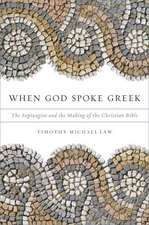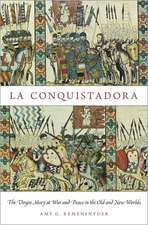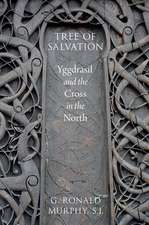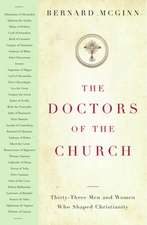The Social and Political Thought of Benedict XVI
Autor Thomas R. Rourkeen Limba Engleză Paperback – 14 apr 2011
| Toate formatele și edițiile | Preț | Express |
|---|---|---|
| Paperback (1) | 415.94 lei 6-8 săpt. | |
| Rowman & Littlefield – 14 apr 2011 | 415.94 lei 6-8 săpt. | |
| Hardback (1) | 658.69 lei 6-8 săpt. | |
| Rowman & Littlefield – 4 ian 2010 | 658.69 lei 6-8 săpt. |
Preț: 415.94 lei
Nou
Puncte Express: 624
Preț estimativ în valută:
79.59€ • 82.11$ • 66.42£
79.59€ • 82.11$ • 66.42£
Carte tipărită la comandă
Livrare economică 26 martie-09 aprilie
Preluare comenzi: 021 569.72.76
Specificații
ISBN-13: 9780739142813
ISBN-10: 073914281X
Pagini: 151
Dimensiuni: 153 x 228 x 11 mm
Greutate: 0.29 kg
Editura: Rowman & Littlefield
ISBN-10: 073914281X
Pagini: 151
Dimensiuni: 153 x 228 x 11 mm
Greutate: 0.29 kg
Editura: Rowman & Littlefield
Notă biografică
Descriere
Covering the entire trajectory of his religious life, this book identifies and analyzes the foundations of political and social order in the philosophy of Pope Benedict XVI. Thomas R. Rourke explains Benedict's belief in the value of the Christian tradition's contribution to a contemporary politics of reason.














